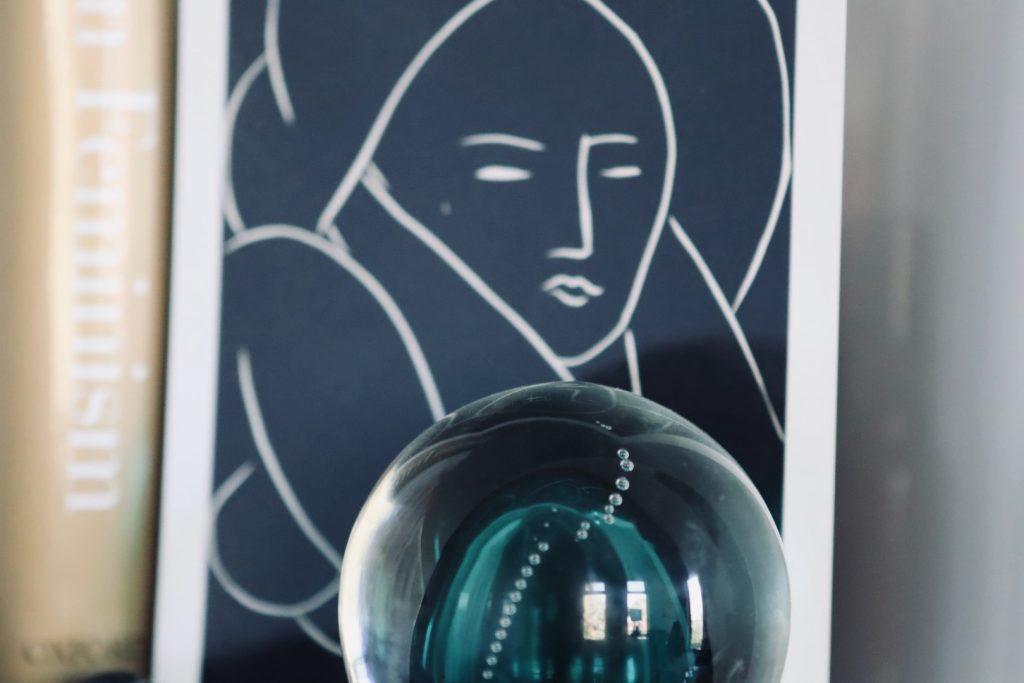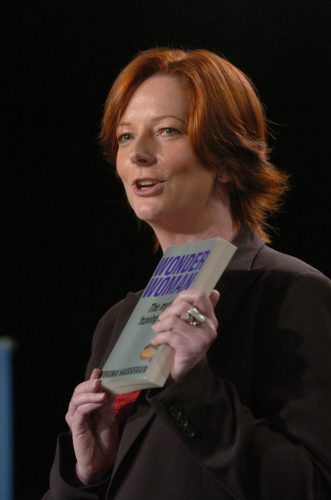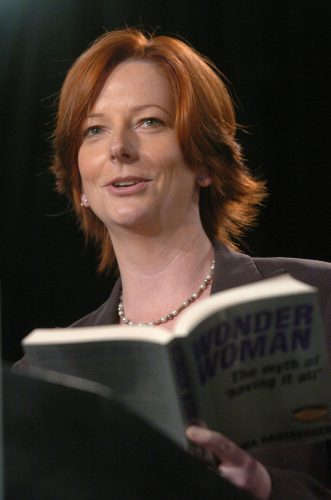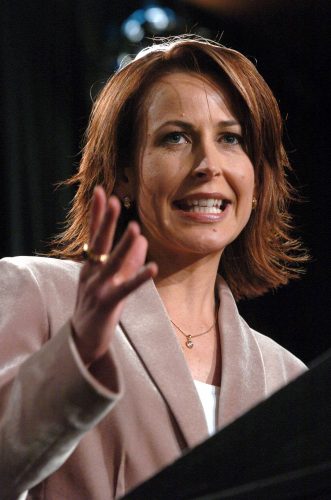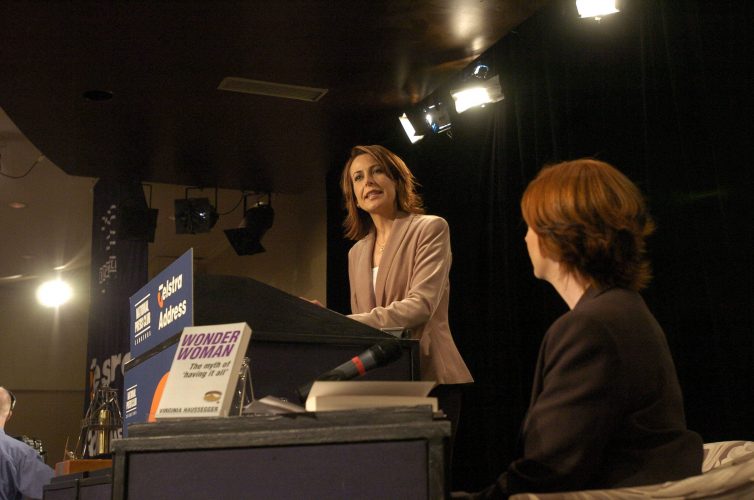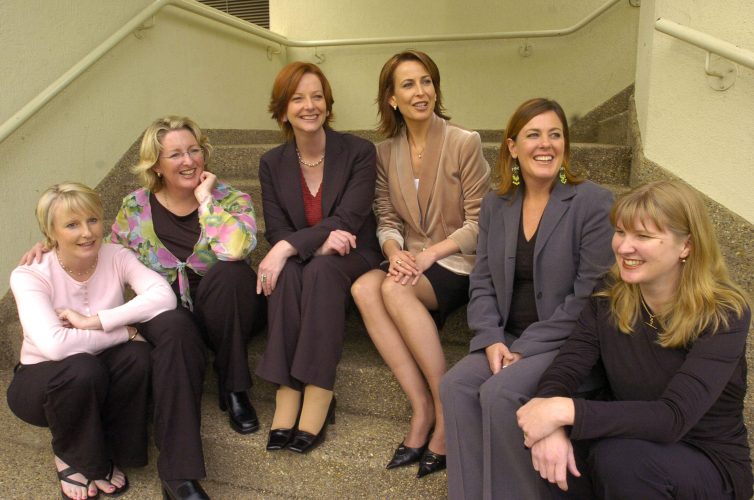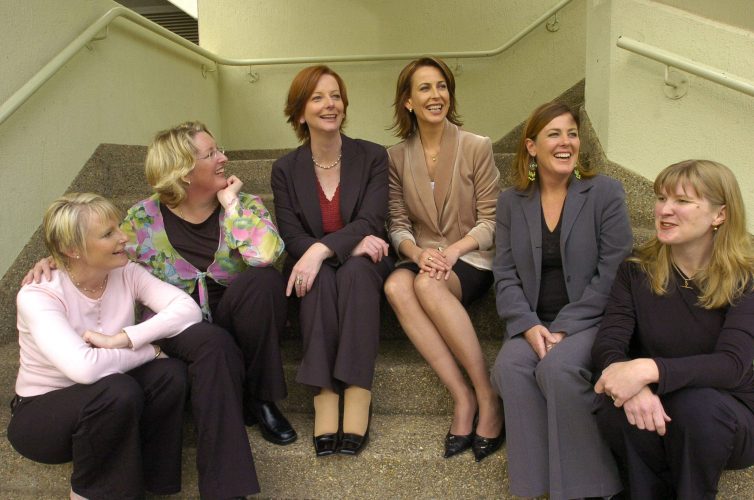It would seem there are some things in Australia we are not allowed to discuss. A ban on the burqa is clearly one of them. But the time has come to get over our fears and cultural fragilities – and grow up. The call to ban the burqa is receiving serious consideration in European parliaments. And it should here too.
Belgian legislators voted last month to outlaw the burqa in public places. On Wednesday, a bipartisan resolution passed by the French parliament deploring the burqa – on the grounds of “dignity” and “equality of men and women” – was presented to the French cabinet, and a ban is expected later this year. Italy, Switzerland, the Netherlands and Canada are also grappling with the issue.
But in Australia, in a sign of cultural timidity and intellectual weakness, we seem intent on shunning any meaningful debate about the burqa and its place in a liberal democracy. At one level this is understandable, given the issue has become a confusing tussle between feminists and well-meaning liberals; nervous libertarians and right-wing ideologues; and the usual smattering of racists and dog-whistling shock-jocks.
Unfortunately for Muslim women, the burqa is not just a garment. It has become a weapon in a war of ideology: a war in which women are the battleground and their rights and freedoms are at stake.
Here’s the problem. Those who are critical of calls to ban the burqa perceive it to be an attack on personal freedoms. They view the burqa as an individual choice – which is arguable – and a religious requirement, which it is not. They look straight past the woman hidden from public view under heavy cloth, and instead applaud our multicultural tolerance. This is a mistake. The burqa has nothing to do with ethnic diversity and everything to do with a war against women. Those who wear it, and those who insist it be worn, subscribe to an ideology in which women are inferior sexual temptresses, whose female form is a problem and must be covered. This is based on the contradictory proposition that men are both superior and yet unable to control their sexual urges if they see women in their natural human state. If this wasn’t deadly serious, it would be funny.
Award-winning Muslim journalist Mona Eltahawy says she is appalled to hear Europeans defend the burqa and niqab. “A bizarre political correctness has tied the tongues of those who would normally rally to defend women’s rights,” she says. Yet, to argue directly with Islamic fundamentalists about gender equality is fruitless. According to Eltahawy, “the ideology that promotes the niqab and burqa does not believe in the concept of women’s rights to begin with”.
Let’s be clear. This is not about the hijab – or headscarf. Like any hat or cap, the hijab is a matter of individual right. Whether worn for reasons of devotion, modesty, conformity or fashion, it is personal and the state has no business banning it. The burqa is an entirely different issue.
The burqa and the niqab shroud the full body, covering every part of a woman except her feet. The niqab includes a slit for the eyes, whereas the burqa has mesh netting. Malalai Joya, an Afghan MP and a devout Muslim, hates wearing it. “It’s not only oppressive,” she says, “but it’s more difficult than you might think. You have no peripheral vision. And it’s hot and suffocating under there.”
When visiting Australia recently, Joya didn’t pack her burqa. She is one of the many millions of Muslim women around the world who choose not to wear it – when they don’t have to. Numerous Islamic scholars, men and women, argue that there is not a single reference in the Koran that mandates women must cover their face and bodies and hide themselves from public view. The Koran does call for modesty, which some interpret as an obligation to wear the headscarf. But even that is widely questioned by progressive Muslims scholars such as Tarek Fatah, founder of the Muslim Canadian Congress. Furious at Islamic extremists for their “gender apartheid”, Fatah insists that even the hijab is being used by fundamentalists as a “political tool” who have turned it into “the central pillar of Islam”.
Outside Australia, there are plenty of Muslim women who despise the burqa and niqab as much as I do, and are prepared to say so. British journalist Yasmin Alibhai-Brown is a Shiite Muslim who pulls no punches. “I abhor the burqa,” she wrote inThe Independent, saying that she was “offended” by the presumption that women who wear it “are more pious and true” than her.
There is no doubt that women who don this ostentatious costume in the West are proud of their piety. One such woman told me, “the niqab is submission and servitude to my Almighty Creator” and that I had no right to question her choice to wear it. Well, I do. What God demands men roam free while women wear a sackcloth that restricts their movement and dehumanises them? What God wants to punish women in this way? What God hates women so much that he restricts her right to be man’s equal?
The answer is obvious. No God. This is the work of men – who claim a direct link to the divine – and wish to keep women subordinate and under their control. It’s that simple.
